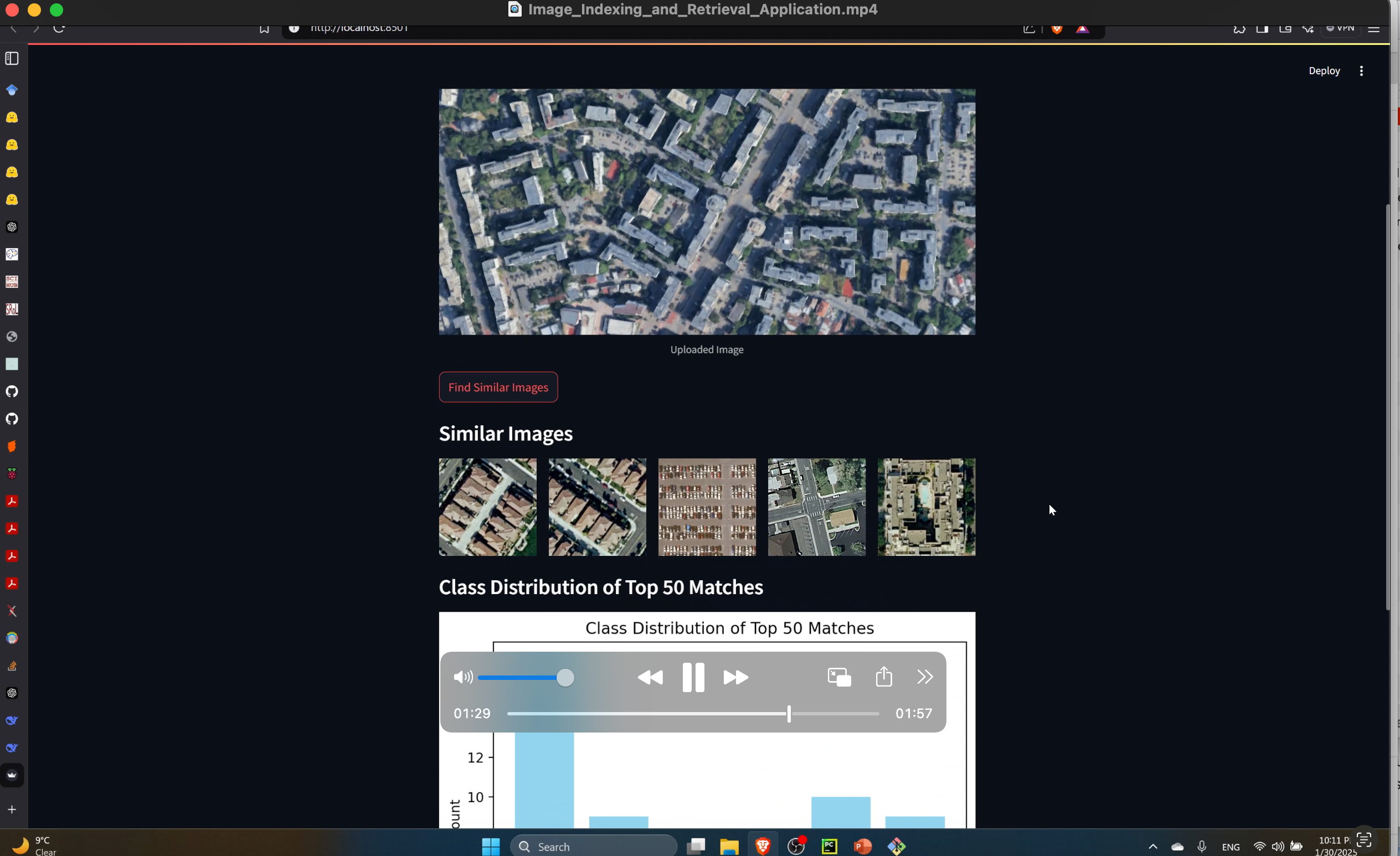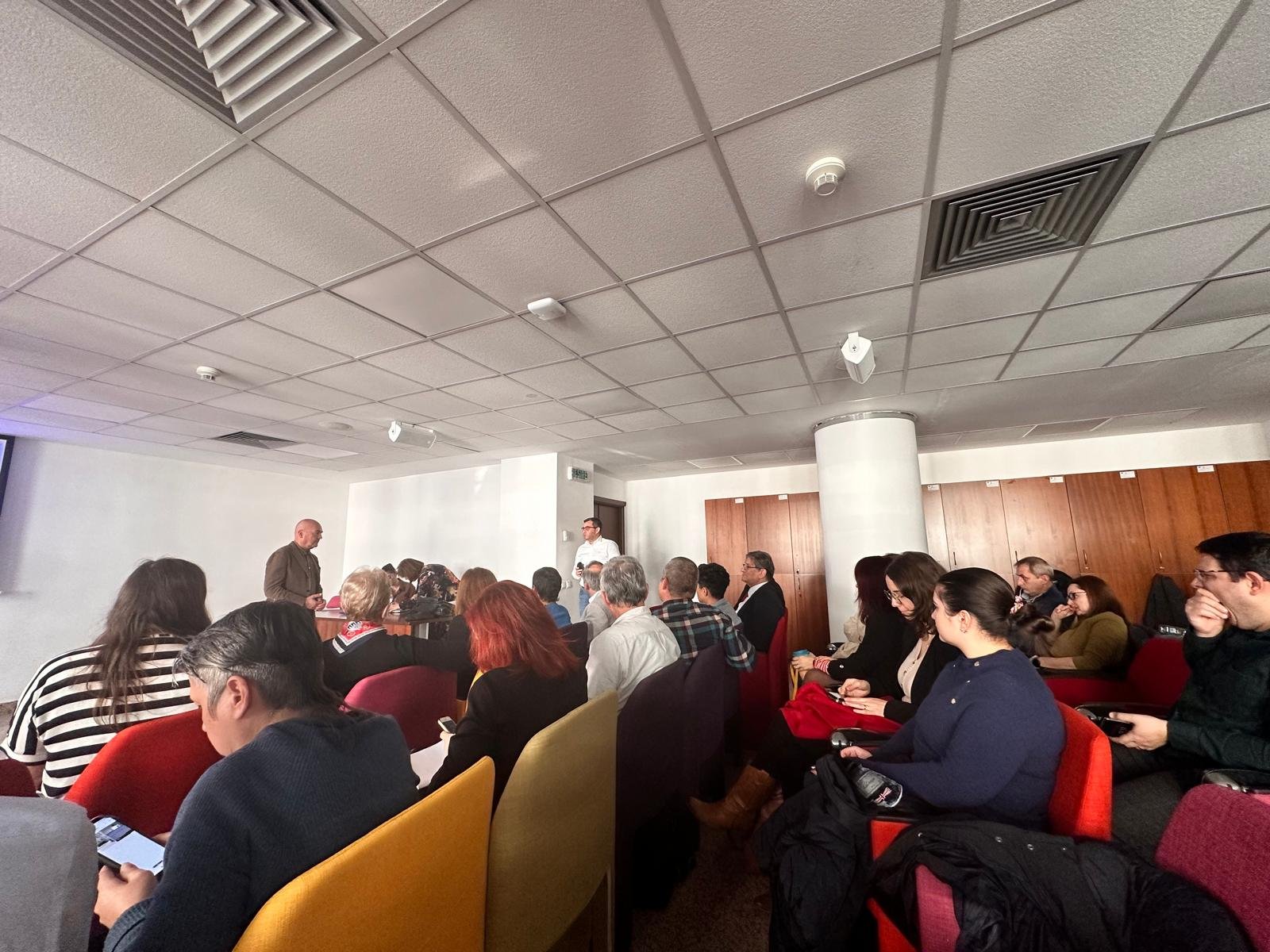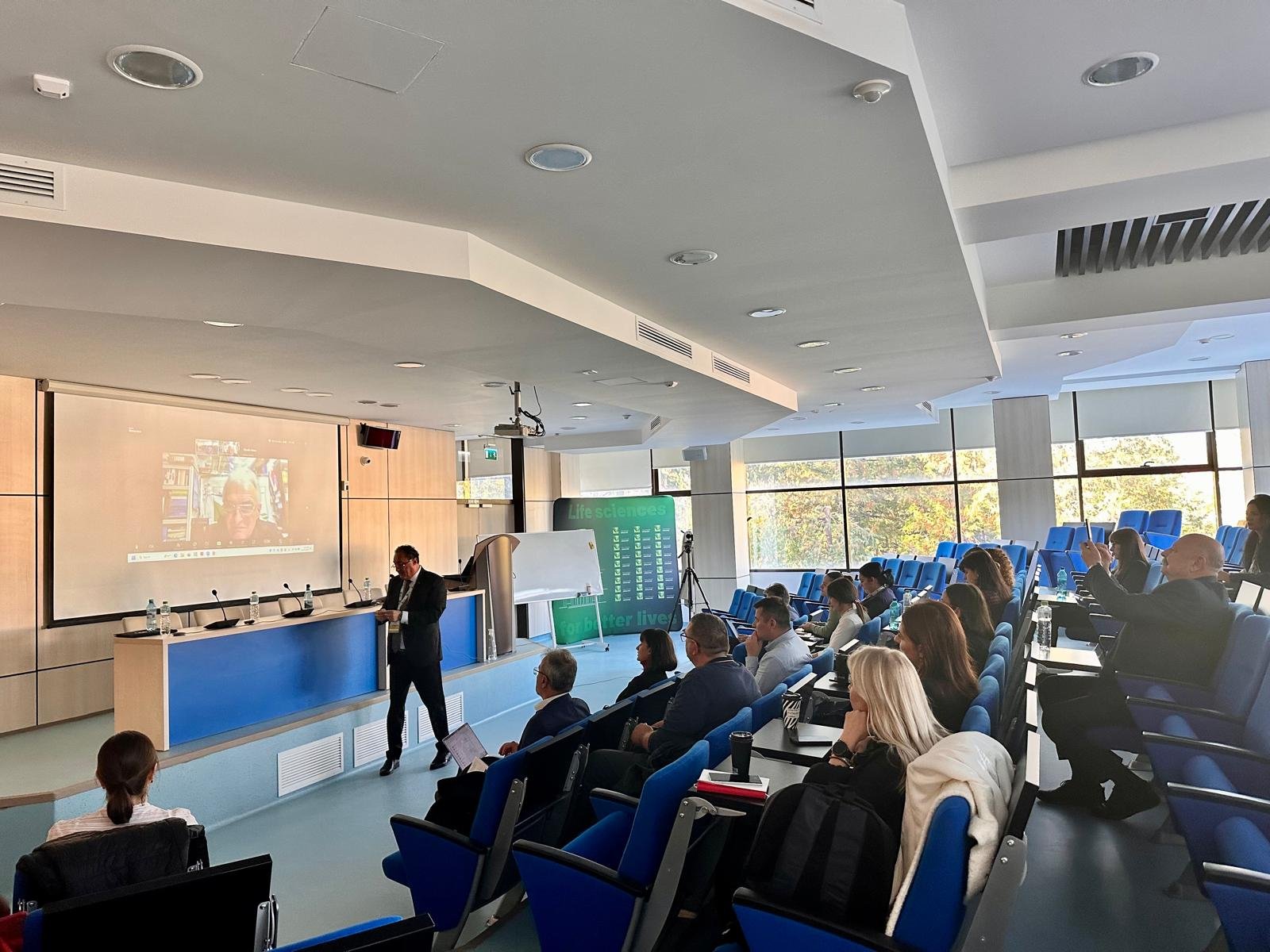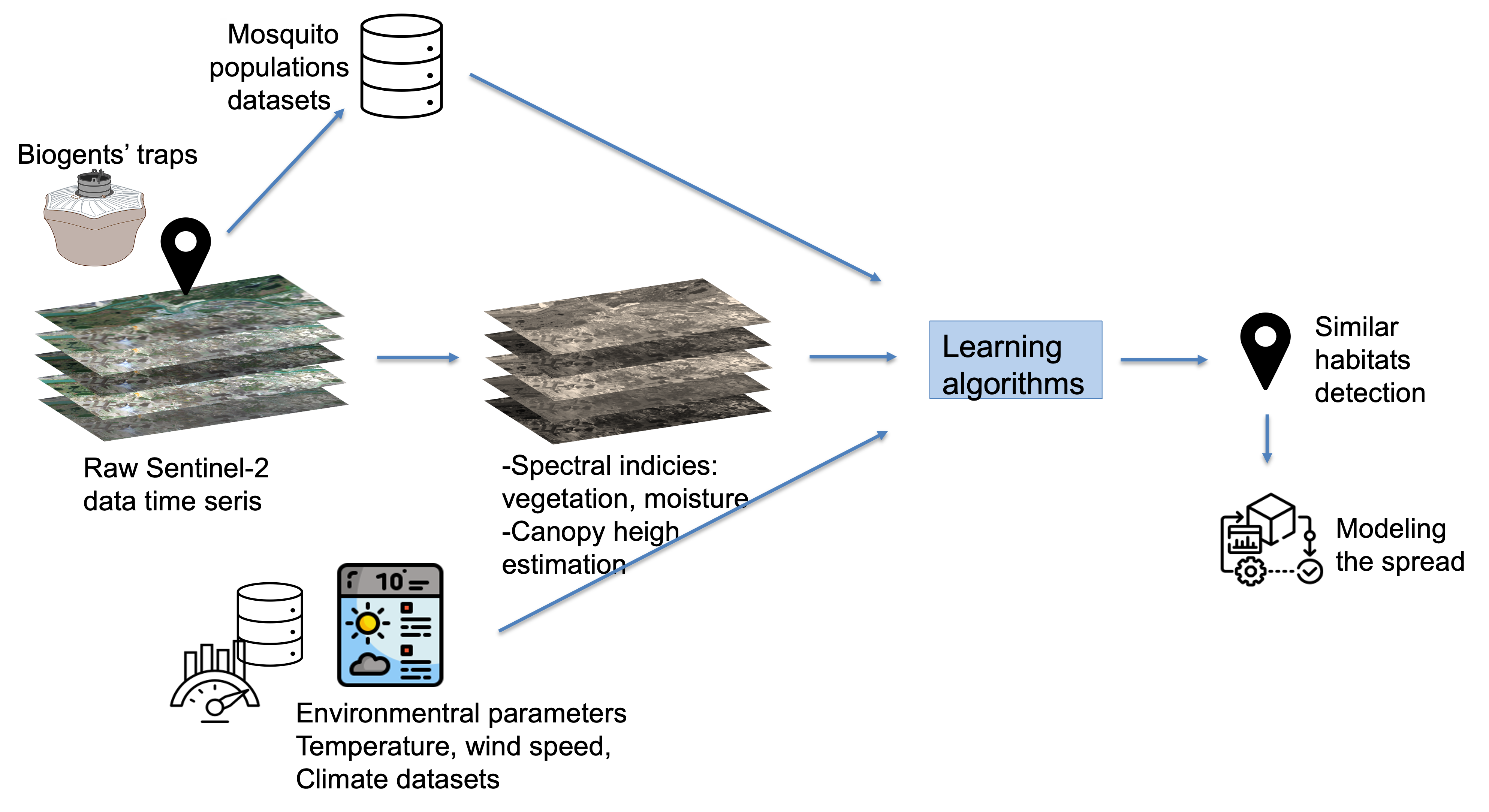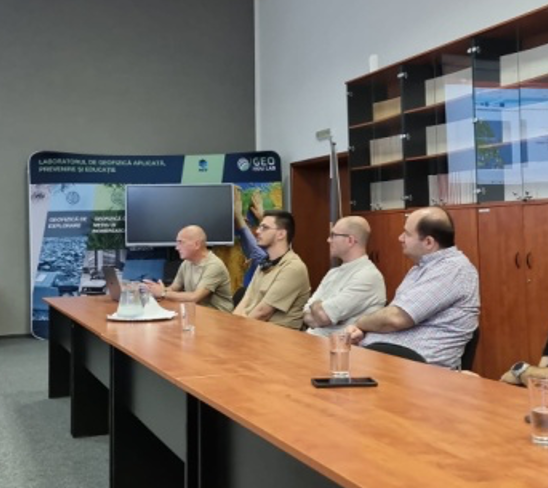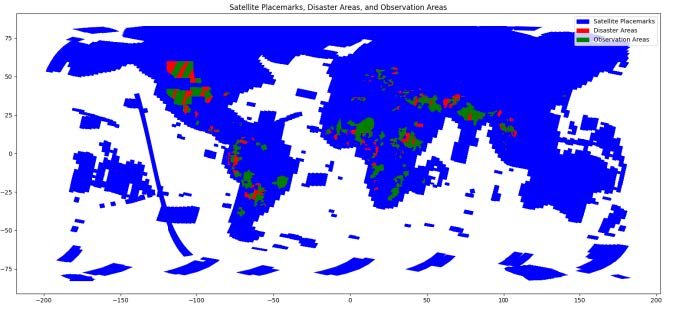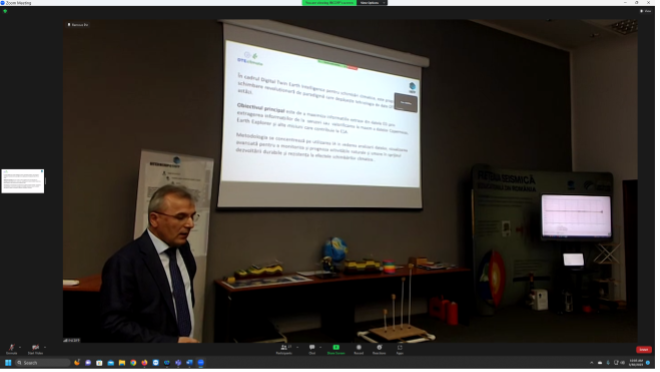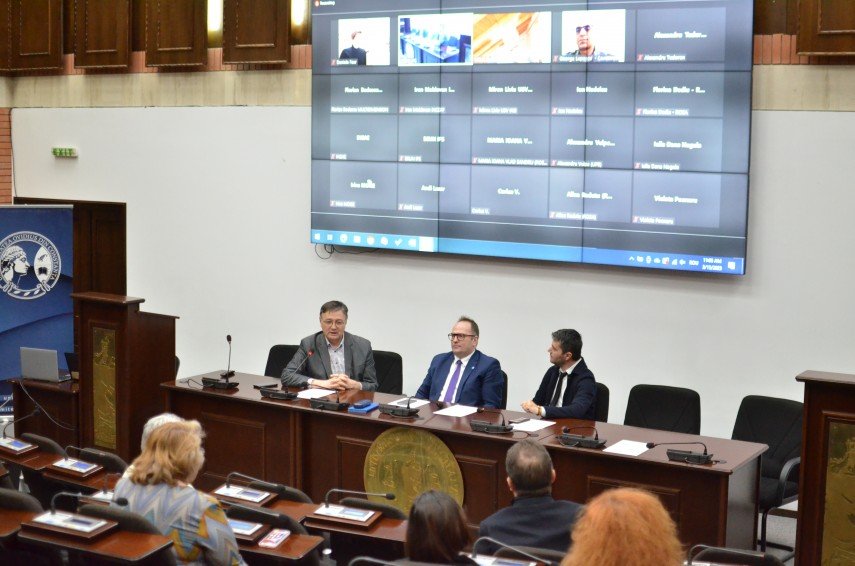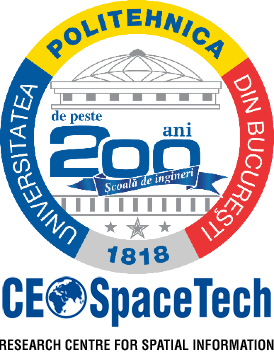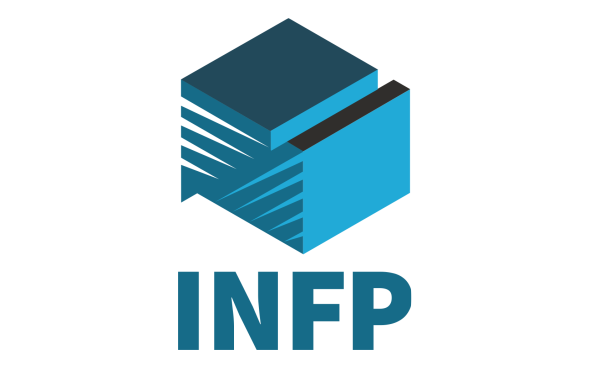The specific objectives that will be followed during the project development comprise:
- O1. Actively provide support for policy implementation at national level contributing to the European Climate Change Adaptation strategy in Romania
- O2. Enforce a national network of excellence interconnecting research expertise and innovative thinking to support a smart, systemic adaptation. Support the national platform - RO-ADAPT by sharing knowledge for a climate resilient country.
- O3. Promote the use of Artificial intelligence for Climate Change
- O4. Respond to the HORIZON-MISS-2023-CLIMA, HORIZON-MISS-2023-CLIMA-CITIES, HORIZON-MISS-2023-CLIMA-OCEAN-SOIL and other relevant calls including ESA related ITTs
- O5. Tailor the adaptation services considering social factors and the dynamics of the political and social context.
- O7. Establish a strategy for dissemination, communication, and an action plan for exploitation - a roadmap to ensure Competence Centre sustainability beyond the project’s timeline.




